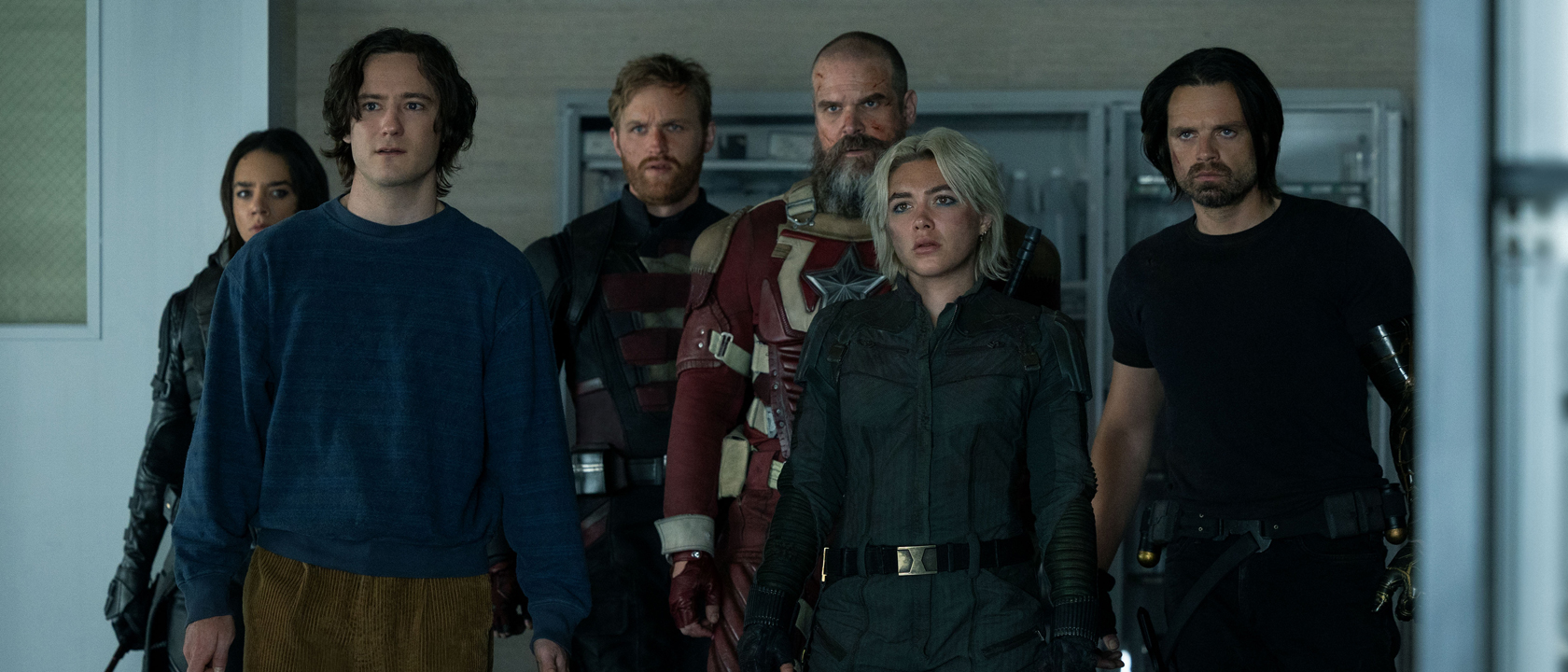Some tragedies are so massive in scope it's impossible to fully wrap our heads around them. One such tragedy befell hundreds of thousands of people on December 26th, 2004, when a massive earthquake under the Indian Ocean hurled a tsunami on the shores of Indonesia, Sri Lanka, India, Maldives, Somalia and Thailand. The Spanish-produced drama The Impossible doesn't attempt to reveal the scope of this catastrophe that is estimated to have killed more than 227,000. Instead, it chooses to center on the remarkable personal story of one family, ripped apart by the waves, who strove to find each other and survive.
Directed by The Orphanage's Juan Antonio Bayona, his horror background can be felt throughout the film. Before the first image comes up, a title card reminds us of the day the tsunami came. Then, an angry thrum of churning water builds in the darkness. The sound design throughout the film is punctuated and violent, expertly conveying the power of the waves and the fragility of human bodies as they are thrashed about in it and its remains. When picture finally comes up, it's of the British Bennet family on a flight to Thailand for a Christmas vacation they'll never forget.
Still dizzy off the threat of the water, I found their brief chatter on the plane plays out like the moment when campers in woods plagued by a killer gush about what a great weekend they'll have. It all just feels doomed from the start. As Henry and Maria (Ewan McGregor and Naomi Watts) dote on their three boys--five-year-old Simon (Oaklee Pendergast), seven-and-a-half-year-old Thomas (Samuel Joslin), and petulant adolescent Lucas (Tom Holland)-- the audience squirms with dread, knowing this is all the before, before the impossible will descend from the beach that's just yards away from their resort. The tension builds with the Bennets oblivious, and by the time the waves come barreling toward the boys and their parents, it's almost too much to take. But Bayona thoughtfully pulls his punch, cutting to black after the waves sweep over the boys and their father but before it hits their cringing mother.
Cut to Maria panicked and flailing above wave churning with corpses, trees, shattered buildings and other threats. She switches from survival mode to mother mode when she spots her oldest shrieking as the waves carry him off. Their efforts to reach each other had my heart in my throat, but when they are at last together and the waters subside, so does most of the film's tension. As Maria and Lucas wander through the wreckage, wonder if the rest of their family is dead, and eventually make their way to a hospital, the stakes seem infinitely lower than just moments before. They've survived one of the worst natural disasters ever recorded. Everything else pales in comparison.
Nonetheless, The Impossible meanders along, splitting its simple story between Maria and Lucas, and Henry who is single-mindedly searching for the rest of his family. This jumping around further hurts the film's tension, and also exposes peeks into the loss of others, who clearly have nothing and no one left. Swamped by so much death and devastation, the struggle of the Bennets lost my interest, and I began to wonder what would happen to the hordes of lost children, the decimated villages, and the natives who could not fly away from all the tsunami's chaos, back to a homeland with all the modern conveniences. The more the movie glimpsed at these groups, then looked away, the more it bothered me that the family at the film's center had been transformed from the Spanish Símon family (on whom the story is based) to the British Bennets.
You'll be hearing more about The Impossible as award season mounts as Watts, McGregor and young Holland are all said to be contenders. It's easy to see why. Their performances are tear-streaked, full of pain and emotion. The movie is essentially a raw nerve that pulses with ragged emotions from terror to despair, empathy and relief. Each of these actors offers a capable, physical and committed performance, but unfortunately none of it is enough to give The Impossible focus or a driving momentum.
Bayona took on an ambitious project, and many of his choices work. The tsunami looks real, merciless and thoroughly horrifying as it sweeps away swimsuit-wearing tourists, towering palms trees and entire buildings with a relentless indifference. While the camerawork zigs and zags to capture the frantic panic of the disaster's survivors, the sound design stays sharp, vividly reminding us of how tender human flesh is as it snags on reeds and tears on rock. The emotions are vibrant and earnest. But once the threat of the waves was gone, I was no longer caught up in The Impossible.
Staff writer at CinemaBlend.












